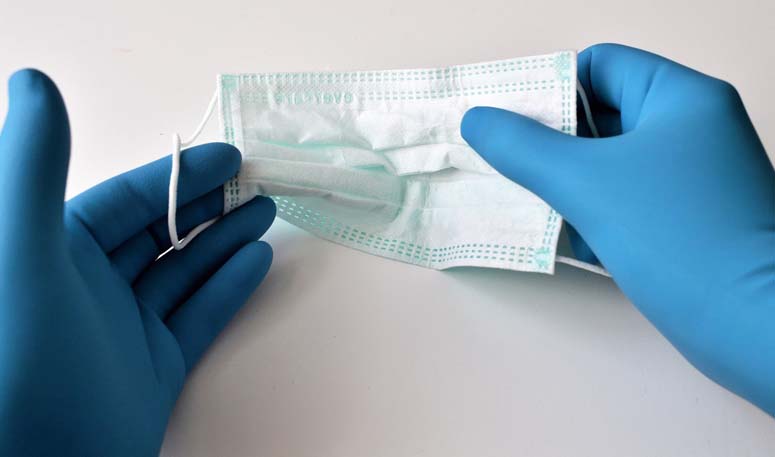BOSTON (WHDH) - Wearing a mask can “significantly” reduce COVID-19 transmission, according to a new Mass General Brigham study.
Universal masking was associated with a significantly lower rate of positive COVID-19 cases among more than 75,000 healthcare workers at 12 MGB hospitals in the Bay State, according to the study.
Prior to the implementation of universal masking in late March, new coronavirus infections among healthcare workers with direct or indirect patient contact were increasing exponentially, from 0 percent to 21.3 percent, researchers said.
After the universal masking policy was in place, the proportion of symptomatic healthcare workers with positive test results is said to have steadily declined, from 14.7 percent to 11.5 percent.
Researches said covering mouths and noses with filtering materials serves 2 purposes: personal protection against inhalation of harmful pathogens and particulates, and source control to prevent exposing others to infectious microbes that may be expelled during respiration.
“When asked to wear face coverings, many people think in terms of personal protection. But face coverings are also widely and routinely used as source control. For instance, if given the choice between having surgery performed by a team not wearing some covering over their mouths and noses vs a team that does, almost all patients would reject the former,” researchers wrote. “This option seems absurd because it is known that the use of face coverings under these circumstances reduces the risk of surgical site infection caused by microbes generated during the surgical team’s conversations or breathing. Face coverings do the same in blocking the transmission of SARS-CoV-2.”
Science shows face masks work both to protect the wearer and to protect others from coronavirus, and everyone needs to wear one when around other people in public, the Centers for Disease Control and Prevention confirmed Tuesday.
(Copyright (c) 2024 Sunbeam Television. All Rights Reserved. This material may not be published, broadcast, rewritten, or redistributed.)

